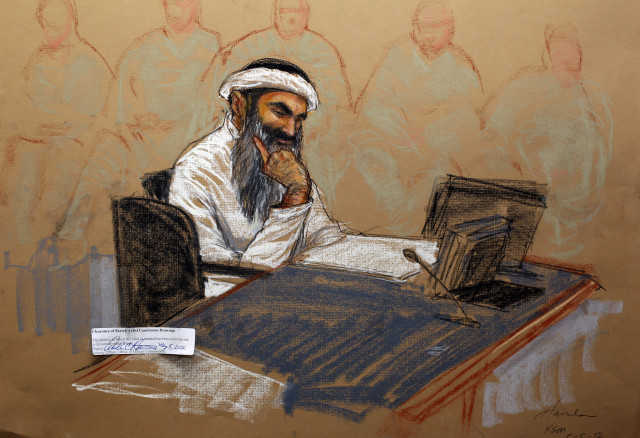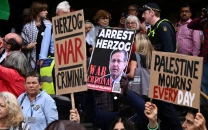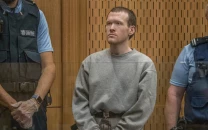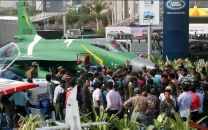Poland to probe into clandestine CIA prisons
CIA prisons in Poland reported held Khalid Sheikh Mohammad at one point in time.

Prosecutors launched an investigation in August 2008 into accusations that Warsaw had allowed the US Central Intelligence Agency to operate the prison from 2002-2003 in the north-eastern village of Kiejkuty to interrogate suspects in the September 11, 2001 attacks.
Maciej Kujawski, a spokesman for the prosecutor general, refused on Friday to explain the reasons behind the extension to the probe, subject to rules on state secrets, being conducted by prosecutors in Krakow, southern Poland.
In March, former Polish spy chief Zbigniew Siemiatkowski said he had been charged in connection with the probe, but prosecutors working on it refused to confirm his claim.
Polish authorities have repeatedly denied authorising any so-called CIA "black sites" and in March Prime Minister Donald Tusk vowed to finally resolve the issue.
The Council of Europe has said the Polish site, opened in December 2002, held several so-called "high-value detainees", and claimed that other secret prisons were also set up in Romania and Lithuania.
One of the suspects believed to have been held in Poland was self-proclaimed 9/11 mastermind Khalid Sheikh Mohammed, who was arrested in Pakistan in 2003 and faces trial at a US military tribunal in Guantanamo Bay, Cuba.
Polish campaigners have said they obtained official records of seven CIA planes -- five of them carrying passengers -- which landed in 2002 and 2003 at Szymany, a Polish military base in northeast Poland, near the alleged black site in Kiejkuty.
The Council of Europe insists black site detainees were held in Poland in secret, solitary confinement and subjected to "enhanced interrogation" that included such torture techniques as waterboarding, or simulated drowning.
Two Guantanamo inmates, Abu Zubaydah and Abd al-Rahim al-Nashiri, have lodged complaints that they were subjected to torture on Polish soil.



















COMMENTS
Comments are moderated and generally will be posted if they are on-topic and not abusive.
For more information, please see our Comments FAQ